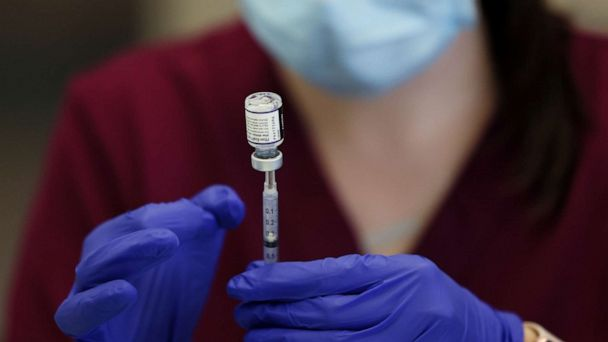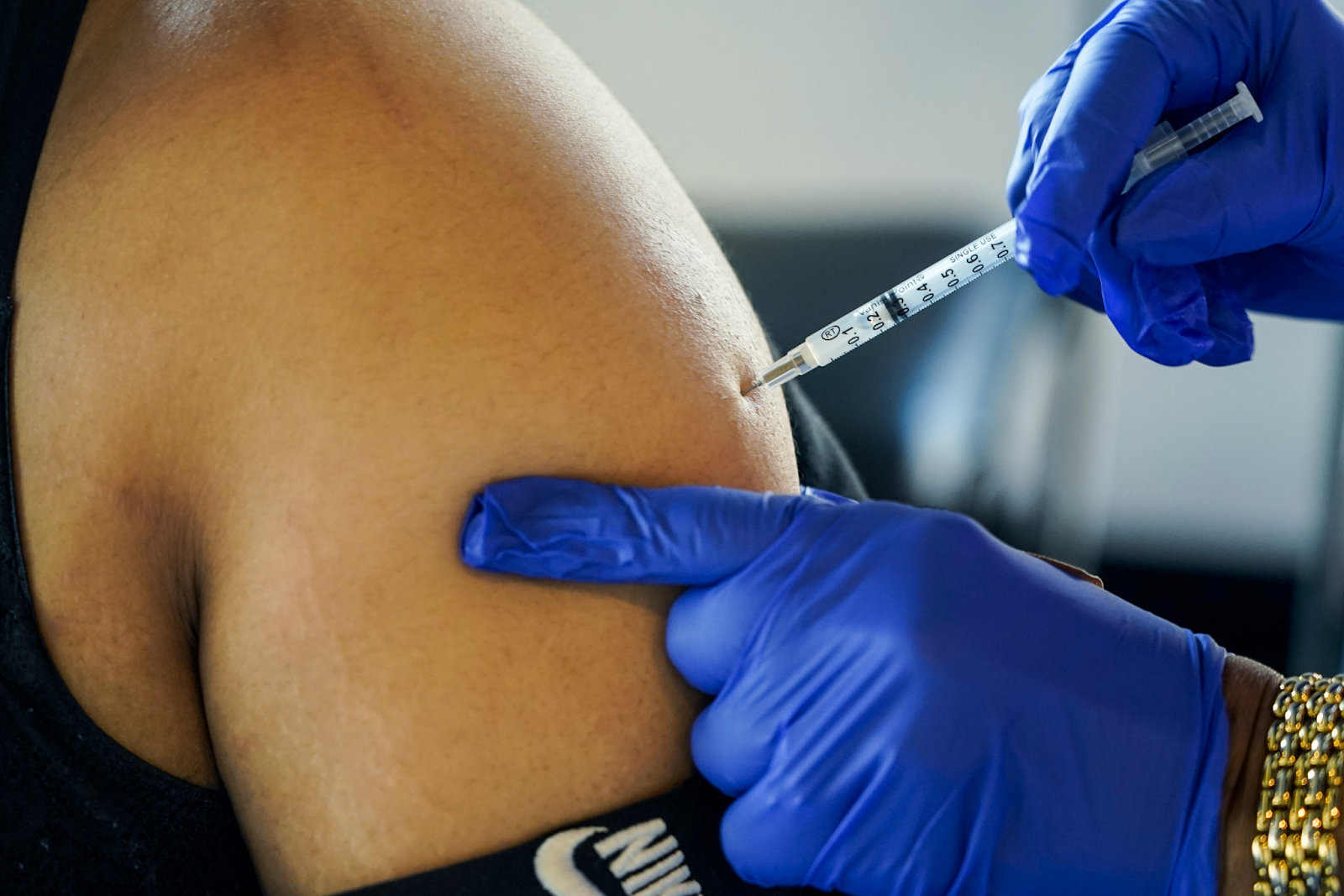According to research from the Centers for Disease Control and Prevention (CDC), the revised injections were only 48% effective in halting symptomatic infection brought on by the XBB.1.5 subvariant for up to three months.
Officials from the United States said on Wednesday that the upgraded COVID-19 boosters from Pfizer Inc/BioNTech and Moderna helped prevent symptomatic infections against the novel XBB-related sub variants, providing additional evidence of how the vaccinations function against these quickly proliferating strains.
Update on Covid Boosters
According to Dr. Brendan Jackson, director of the US Centers for Disease Control and Prevention’s COVID-19 response, “Today we have more data to suggest that these revised immunisations are protecting patients against the newest COVID-19 variants.”

The revised boosters, which were released last autumn, target the SARS-CoV-2 virus’s no longer prevalent BA.4 and BA.5 Omicron strains. The currently prevalent sub variants of XBB are descended from the BA.2 variant of Omicron.
Concerns regarding the effectiveness of the immunisations against these emerging virus strains were raised by laboratory research that revealed vaccine protection was less effective against the XBB variations than against earlier versions.
Researchers examined COVID-19 instances from December 1 through January 13 for the study. During this time, the U.S. circulation of XBB and XBB.1.5 rose. Approximately half of those who had previously gotten two to four doses of the original COVID-19 vaccination showed evidence that the upgraded vaccine had contributed to their ability to avoid disease, according to the CDC.

According to the CDC, the revised vaccination was equally effective against illnesses linked to BA.5 and XBB/XBB.1.5. In people ages 18 to 49, it was 48% effective against XBB/XBB.1.5 and 52% effective against infections caused by BA.5. Among those 65 years of age and older, effectiveness decreased to 37% against BA.5 and 43% against XBB/XBB.1.5.
Jackson said data to be presented later on Wednesday, which did not appear in the research, reveal that the revised vaccination lowered the chance of mortality from COVID-19 by more than threefold compared to those who had gotten the vaccine but had not received the updated booster. The new vaccine also cut the chance of COVID-19 mortality in unprotected persons by about 13 times.
Reduction in chances of Symptomatic Illness
According to study author Ruth Link-Gelles of the CDC, vaccinations reduce the chance of symptomatic illness in a group by roughly half, but the benefits vary depending on an individual’s risk factors.
The estimations, according to Link-Gelles, are for symptomatic infection, which the CDC defines as having one or more COVID-19 symptoms. The CDC advised patients to continue receiving their recommended COVID-19 vaccinations in light of the findings.

The week ending January 21 was thought to have seen an estimated roughly 50% of cases in the United States, according to official data.
The CDC study was released in advance of a conference on Thursday when outside experts to the U.S. Food and Drug Administration are anticipated to debate whether or not the country should distribute the COVID vaccination as an annual injection.
Although tests show they are no more effective than the original Covid injections, the bivalent shots were advertised as being able to increase protection against the Omicron strain.
The revised vaccinations, produced by Moderna and Pfizer, were promoted as having greater protection against Omicron sub variants that had gained global dominance.
For 105 million doses of the vaccinations to help protect against the mild but highly contagious strains this winter, the US Government spent 28 thousand crores approximately of public money. At least 26 million doses were acquired by Britain at an unknown sum.
XBB.1.5 was anticipated to account for almost half of US cases in the week ending January 21, according to government statistics.
Because it adheres to cells more effectively than other XXB Omicron strains, the variation is highly contagious.













